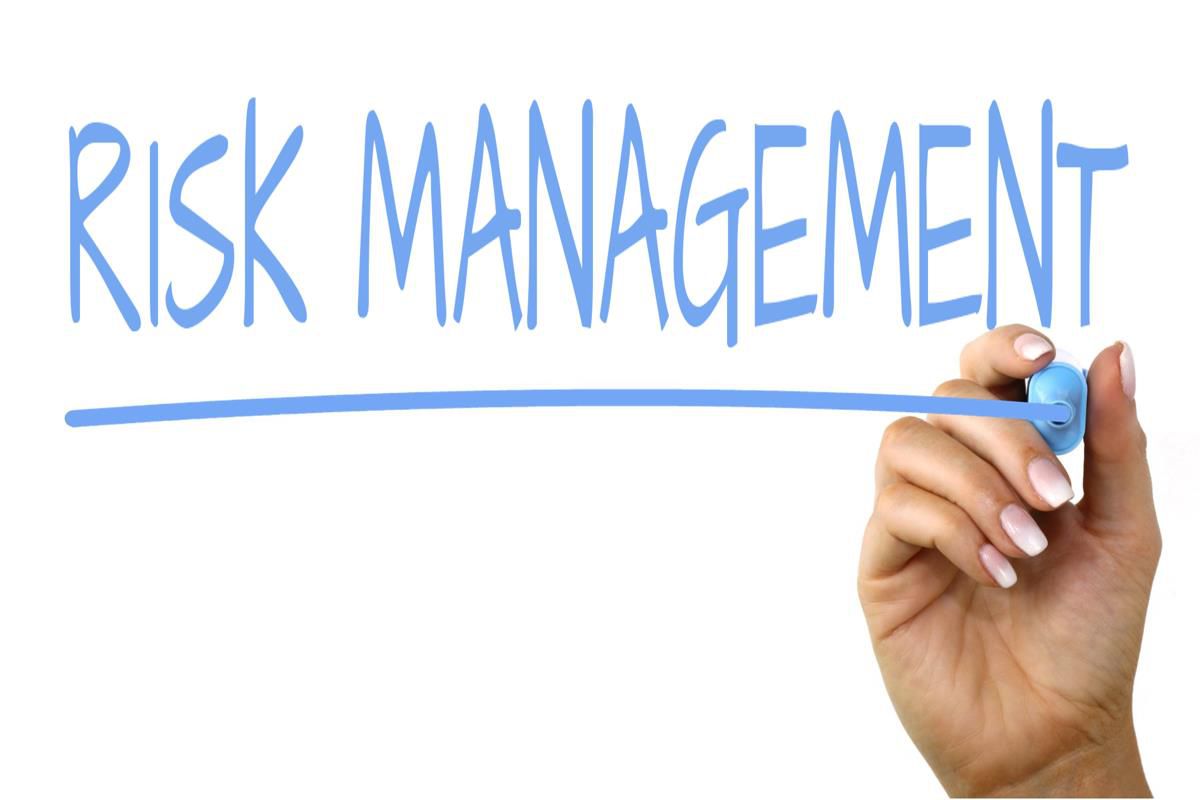No matter how popular it is, any company was once a new business taking its first brave step. Amazon, Apple, Google name them. All these organizations have built and maintained their brands through strategic risk management.
Two words elaborate on the concept of a successful venture; growth and profitability. However, none of these is possibly achieved without understanding the concept of strategic risks in business. Every business executive ought to understand the potential impact, innovation angle, and dangers of entering a market, no matter how small.
Organizational risk management is quite dynamic. It covers both internal and external impacts and changes. The task often seems insurmountable but with the right knowledge and understanding, achieving your goals becomes more realistic.

What Is Strategic Risk Management in Business?
Strategic risk is not an operational risk. Although both are part of the enterprise risk management (ERM), they are easily intertwined in translation. While effective operational practices mean doing things rightly, strategic approaches involve paying more attention to what is happening rather than how activities occur. No matter how well you deliver a service, all efforts are in vain if your customers don't want it.
Strategic risk management covers all areas involving identifying, evaluating, and mitigating risks that affect companies' strategies and objectives. Such risks involve management turnovers, a shift in demand, change in market trends, competition pressure, and technological impacts.
In recent years, cyber incidences have been the number one business risk in the United States and beyond. For this reason, technology transitions have become significant drivers of strategic risks.
Why Is it Important?
Any form of risk management in the ERM serves to reduce a business’s risk exposure. Doing so helps a company remain effective in its framework, objectives, strategies, and corporate focus.
Evaluating strategic risk management keeps an eye on individual departments in their effectiveness to stay productive. This further translates to better income and general productivity.
It also ensures that an organization remains aligned in acquiring and distributing services and products. Proper risk management also aids in decision-making processes, essential in achieving a balance between profitability and customer focus.
When it comes to project delivery, proper evaluation of strategic risks assures success, efficiency, proper time management, and excellent work output.
Challenges Associated With Strategic Risk Management
Although it is possible to handle strategic risks sustainably, the concept is also a risk in itself. Some risks keep on increasing, no matter how hard a company seeks to mitigate them. In such cases, the business might be forced to look for an entirely different approach to handling its operations or even its productivity definition.
In other instances, risk management could lead to consequences that were not initially predictable. Luckily, tools such as cost-benefit analysis, acceptance, and flexibility could ease the process. However, executives should always find a fine balance between strategic judgments and objective knowledge to avoid any side being carried away.

How to Effectively Execute Strategic Risk Management
To manage strategic risks accordingly, businesses need to
Properly Define Their Strategies and Objectives
Every company must take the time to outline their strategy and objectives properly. Other steps are irrelevant if this is not done since there are no clear goals or objective roads to achieve them.
Have Clear KPIs
Key performance indicators tell a business when they are getting it right or deviating from their intended purpose. Evaluation is critical, so KPIs need to be precise and easy for all stakeholders to understand and follow.
Understand the Risks that Variate Performances
Just because there are many unknowns in the corporate sector does not mean predictability is entirely off the table. Understanding the implications of different decisions and actions makes it easy to measure strategic risks and manage them accordingly.
The Bottom Line
No business is risk-free, and no investment lacks its dangers. In taking the right approach in strategic risk management, you keep an eye on possible risks and prep your business for a successful endeavor.



